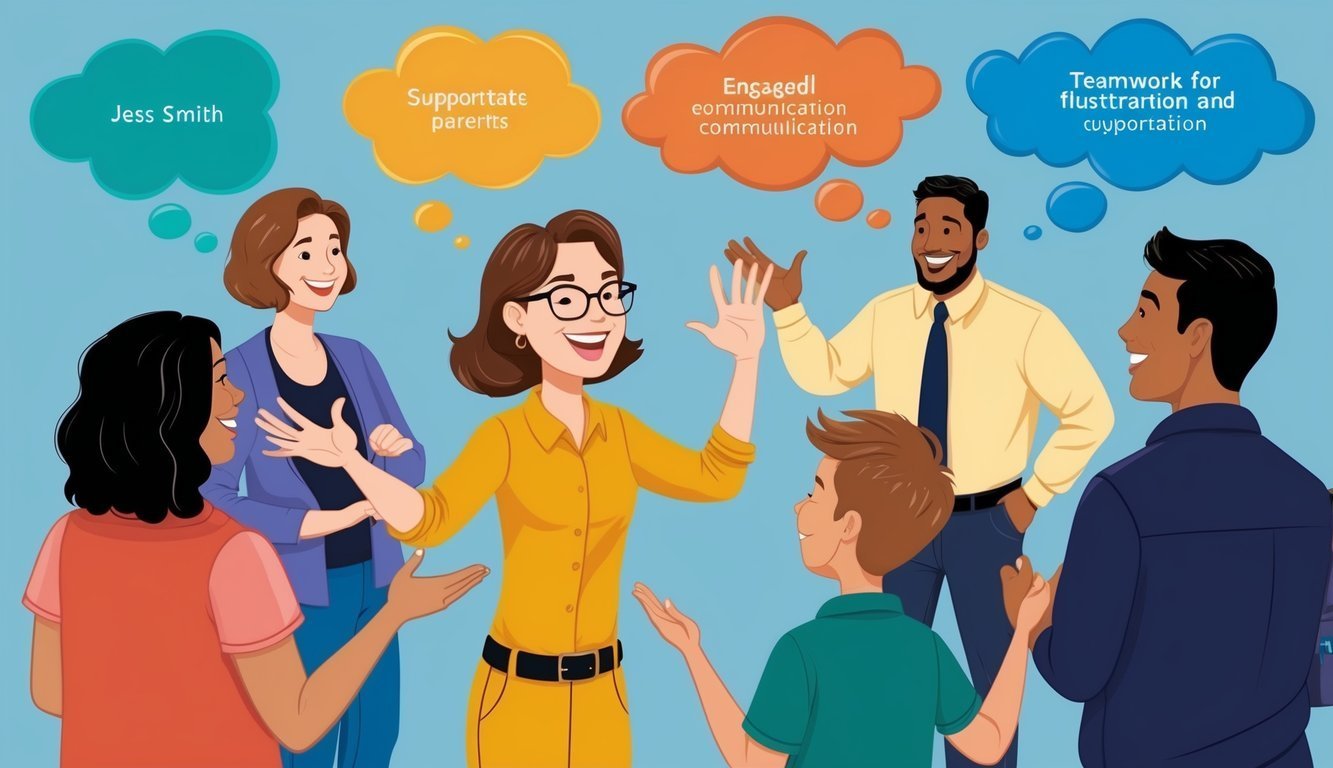In a humorous twist, Jess Smith, a former teacher turned stand-up comedian and host of the podcast “Hot Mess Teacher Express,” shares her insights on the whimsical ways educators communicate with parents about their children.
Secret Code in Education
Teachers often find themselves engaging in what Smith calls “secret code” when navigating sensitive discussions.
This clever approach not only delivers important messages but also helps maintain a light and supportive atmosphere.
For example, when an educator describes a student as “very social,” they often mean that the child is quite talkative.
Similarly, claiming a child has an “exciting presence in the classroom” translates to them being a little too energetic at times.
Even the phrase “natural born leader” can subtly suggest that the child likes to take charge—perhaps a bit too assertively for some.
Community Response
Smith recently gained attention on TikTok after sharing these playful interpretations, sparking a flurry of responses from parents and fellow educators who chimed in with their own euphemisms.
This collective sharing created a sense of community around the everyday challenges of school communication.
While some believe teachers should take a more direct approach, Smith pointed out in a recent interview that clarity is important but using this lighthearted language helped her build stronger relationships with parents.
Collaborative Communication
She emphasized the significance of teamwork, stating that she never wanted to burden parents with difficult news about their children.
Instead, her aim was to present a unified front and work collaboratively to tackle any challenges together.
The playful vocabulary resonated well with parents, fostering a more supportive and productive dialogue.
Through her charming insights, Smith reminds us that communication doesn’t have to be serious to be effective.
By infusing humor into discussions, educators can address even the trickiest topics with grace and understanding, making the process feel more collaborative and less daunting for everyone involved.
Source: Upworthy


